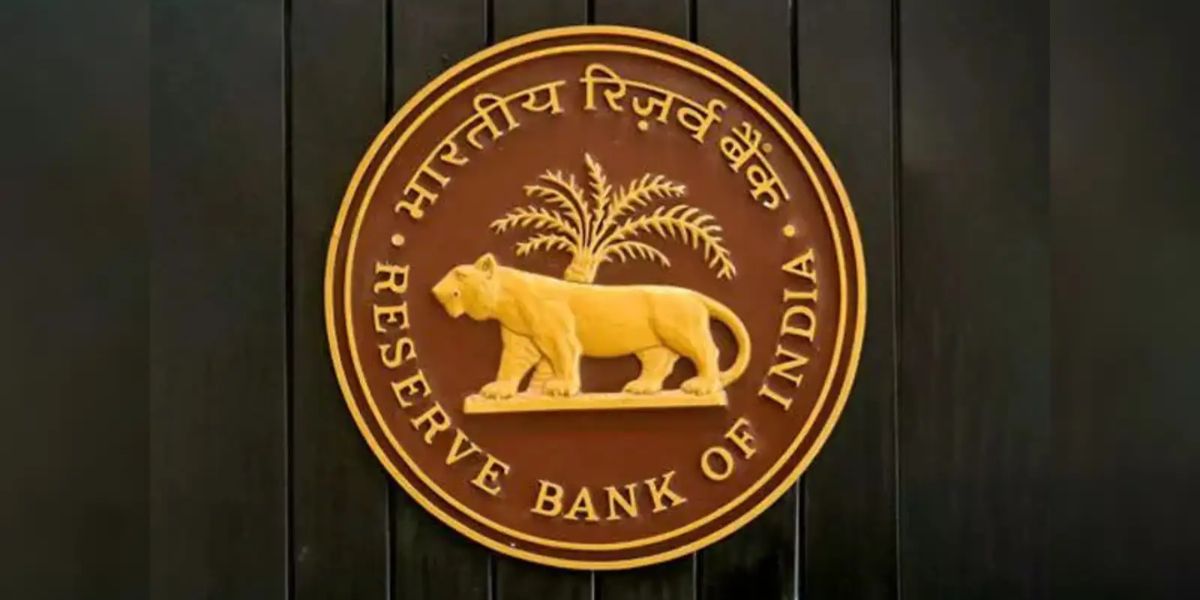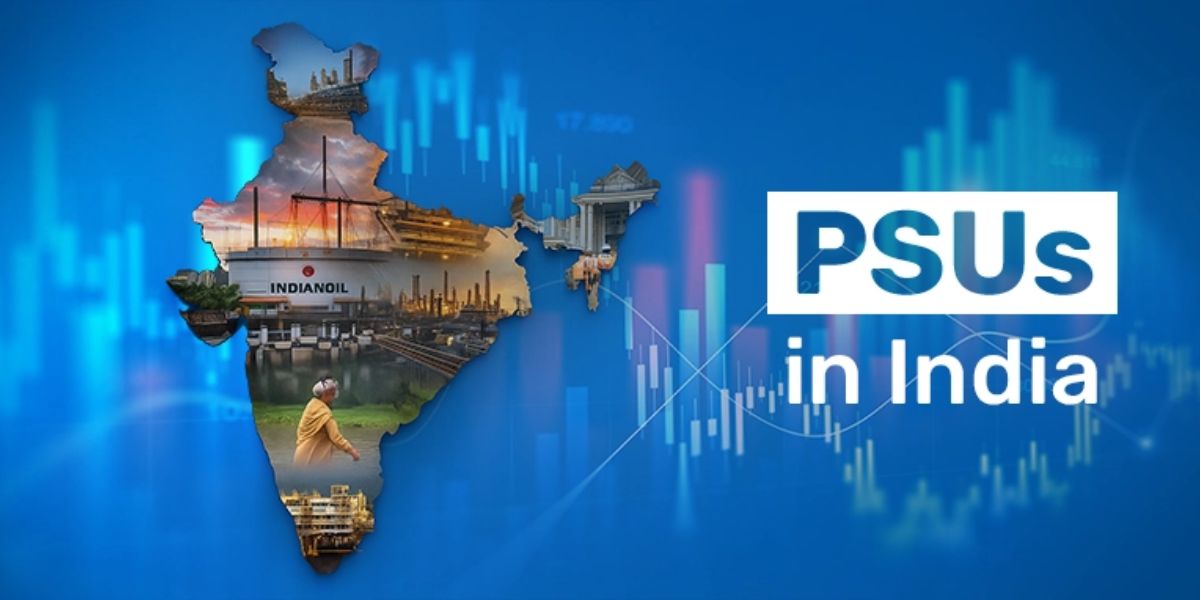New Delhi, India – Small and Medium Enterprises (SMEs) form the backbone of India’s economy, contributing nearly 30% to the national GDP and employing millions across urban and rural regions. Yet, access to finance remains one of the biggest challenges for these enterprises. In this landscape, Public Sector Banks (PSUs) have emerged as crucial partners, bridging the financial gap and enabling small businesses to grow, innovate, and compete. This article explores how PSU banks are driving financial inclusion for SMEs, supporting government initiatives, and building a sustainable ecosystem for entrepreneurship in India.
Why SME Financing Matters to India’s Growth
SMEs are vital to India’s industrial and employment landscape. They contribute significantly to exports, local manufacturing, and innovation. However, limited access to affordable credit and collateral-based lending requirements often restrict their growth potential. Recognizing this, the Indian government has prioritized SME development through initiatives like Make in India, Startup India, and the MSME Development Act, with PSU banks serving as key implementing partners.
Table of Contents
PSU banks’ nationwide branch networks, trust-based relationships, and risk-mitigation frameworks enable them to extend financial support to even the smallest enterprises — from local artisans to emerging tech startups.
How PSU Banks Are Supporting SMEs in India
Public sector banks are playing a transformative role by offering specialized lending programs, simplified credit schemes, and innovative digital solutions.
1. Credit Access Through Flagship Schemes
PSU banks are leading participants in government-backed SME programs such as:
- Pradhan Mantri Mudra Yojana (PMMY): Provides collateral-free loans up to ₹10 lakh for micro and small businesses. Banks like SBI, PNB, and Canara Bank are major contributors to Mudra disbursements.
- Credit Guarantee Fund Trust for Micro and Small Enterprises (CGTMSE): Allows banks to lend without collateral while mitigating default risks through government guarantees.
- Stand-Up India Scheme: Enables loans to women and SC/ST entrepreneurs to promote inclusive business growth.
These initiatives have empowered millions of first-time entrepreneurs by simplifying loan approvals and reducing dependence on informal lenders.
2. Sector-Specific SME Financing
Many PSU banks now offer customized financial products for industries such as manufacturing, textiles, food processing, and renewable energy. For instance, Bank of Baroda runs targeted SME clusters offering working capital, export-import financing, and technology upgradation loans. Similarly, Union Bank of India focuses on digital lending for small-scale service providers and startups.
3. Digital Transformation in SME Banking
Technology adoption has become a key differentiator in PSU lending. Banks like State Bank of India (SBI) and Punjab National Bank (PNB) have digitized loan applications, enabling faster disbursals and real-time tracking. With AI-based risk assessment and credit scoring tools, PSU banks can now evaluate SME creditworthiness beyond traditional parameters like collateral or turnover.
This digital evolution helps entrepreneurs secure loans through paperless processes, often within days — a major shift from older, time-consuming systems.
4. Training and Financial Literacy Programs
Beyond lending, PSU banks are actively engaging in capacity building for SMEs. Through training workshops, webinars, and collaboration with industry associations, they educate small business owners on topics like financial planning, digital payment adoption, and compliance management. These efforts not only enhance business resilience but also improve repayment discipline and long-term creditworthiness.
Challenges in SME Financing Through PSUs
While PSU banks have made significant strides, challenges persist. SMEs often face difficulties in maintaining financial records or meeting documentation standards required for loans. Moreover, the perceived risk of lending to small enterprises continues to limit the scale of financing.
To overcome these issues, PSU banks are integrating data-driven lending models using GST filings, UPI transactions, and digital cash flows to assess business stability. This approach is helping PSUs move away from collateral-based lending to performance-based lending, making credit more accessible to small businesses.
The Role of PSU Banks in Economic Resilience
During economic downturns, PSU banks have consistently acted as stabilizers for small businesses. During the COVID-19 pandemic, PSU banks implemented emergency credit lines under the ECLGS (Emergency Credit Line Guarantee Scheme), ensuring liquidity for thousands of struggling SMEs. Such timely interventions highlight their indispensable role in maintaining business continuity and employment generation.
Additionally, PSU banks’ focus on sustainable lending — encouraging eco-friendly operations, renewable energy adoption, and waste reduction — aligns SME financing with India’s larger sustainability goals.
The Road Ahead: Building a Stronger SME Ecosystem
Going forward, PSU banks are expected to further expand digital lending ecosystems, partner with fintech firms, and integrate credit analytics to enhance loan accessibility for small businesses. With government support and evolving regulatory frameworks, the collaboration between PSUs and SMEs will remain a cornerstone of India’s inclusive economic growth.
Encouragingly, the Reserve Bank of India’s new Priority Sector Lending (PSL) guidelines have increased the share of SME financing mandates for banks, ensuring that credit continues to flow where it is most needed.
Conclusion: PSU Banks as Catalysts of Entrepreneurial Growth
PSU banks have proven to be more than just lenders — they are enablers of entrepreneurship, innovation, and local empowerment. Their continued focus on SME financing is critical to realizing India’s goal of becoming a $5 trillion economy. By embracing digital transformation, supporting government initiatives, and fostering inclusive growth, PSU banks are shaping a financial environment where every small business has the opportunity to thrive.
Want to learn more about India’s evolving PSU banking landscape and growth opportunities for SMEs? Visit IndiaPublicSector.com for the latest insights, news, and expert analysis.










